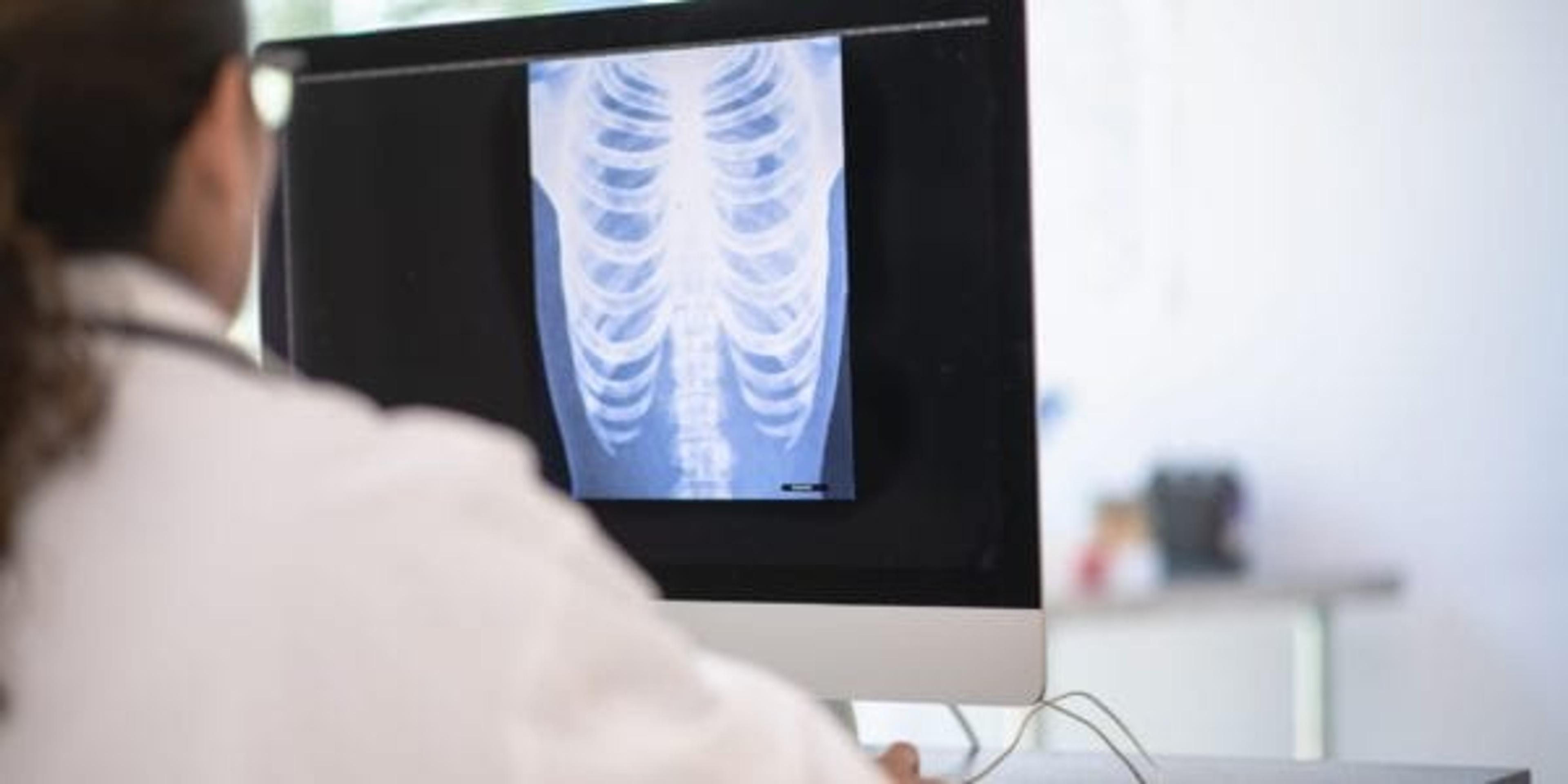Smoking out the Stigma Associated with Lung Cancer

Elise LaPointe
| 3 min read

Did you know …
- 20% of Americans who die from lung cancer have never used tobacco in any form.
- It’s the leading cause of cancer-related deaths in both men and women.
- It kills twice as many women as breast cancer does.
While lung cancer accounts for a huge portion of the cancer patient population, resources are lacking, as are public empathy and awareness when compared to other cancers. This can lead to distress in patients, which can cause poor health outcomes, delays in seeking treatment, relationship conflicts, lack of illness disclosure, reduced social support and lower quality of care. There is also disparity when it comes to research funding: lung cancer receives $1,800 per death while breast cancer receives $19,000 per death.
Why is this? Well, the answer is simple – many people just assume those with lung cancer smoked at some point in their life and brought the disease upon themselves. There is a strong stigma associated with diseases that are feared or misunderstood, such as lung cancer. “Maybe if they hadn’t smoked they wouldn’t be going through this,” is a common thought of those uneducated about the causes of lung cancer. People fighting cancer – regardless of cause – should have a support system and not feel shameful about being diagnosed with such a deadly disease.
Lung cancer can affect all individuals, not just smokers. Some of the other ways people can get this type of cancer include:
- Radon gas: Exposure to radon gas accounts for 21,000 deaths from lung cancer. Radon is a naturally occurring gas but can become concentrated when homes are built on soil with natural uranium deposits. It is hard to detect because there is no odor or color but there are tests that can be done on homes to check for the gas.
- Secondhand smoke: Breathing in smoke from other people’s cigarettes accounts for cancer-related deaths of 7,000 adults each year. While there have been laws set in place to ban smoking in public, there is still danger associated with inhaling secondhand smoke and lung cancer.
- Exposure to cancer-causing agents: Abestos and diesel exhaust are common cancer-causing agents that is commonly exposed to people on work sites.
- Air pollution: The air carries an abundance of carcinogens that can cause cancer, however this is the lowest cause of lung cancer in non-smokers.
- Family history: Genetics are a powerful aspect of human life, so if someone in your family had lung cancer, you have a higher probability of developing it even if you’ve never smoked.
- Radiation: Former cancer patients who had radiation therapy in the chest area are more prone to developing lung cancer than those who haven’t.
- Diet: Those who take beta-carotene supplements or have arsenic in drinking water have an increased risk for developing lung cancer, however there is still little research on this subject.
It’s important to support patients with lung cancer, no matter their smoking history. Imagine you were going through painful cancer treatments without the support of friends and family; it would feel lonely, wouldn’t it? In order to reduce the stigma associated with lung cancer, it’s important to increase education efforts. Some ways to educate include:
- Wear the ribbon to spread awareness – pearl or white is the color for lung cancer awareness.
- Share facts, research efforts or survival stories about lung cancer on social media platforms during Lung Cancer Awareness Month in November and throughout the year.
- Donate to lung cancer research.
If you enjoyed this blog, you may also like:
Photo credit: Fat Camera





